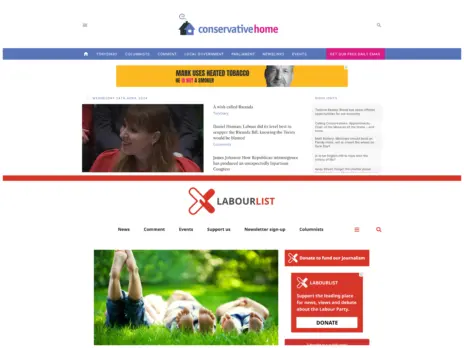
A weekly newspaper must publish a front page apology after IPSO upheld a complaint that its splash “Shylock jibe after bitter flats protest” gave a “significantly misleading impression” of events.
The Hamstead and Highgate Express reported that two Jewish property developers were the subject of anti-Semitic abuse when a resident used the term “Shylock” to describe them during a heated conversation after a controversial planning proposal was approved.
The report was accompanied by the sub headline: “Developer claims anti-Semitic abuse was hurled following planning win.” In it the reporter, who was present at the meeting, said the resident admitted to using the term Shylock – a reference to Shakespeare’s money lender in The Merchant of Venice – but that he did not believe his words were anti-Semitic.
The resident complained to IPSO and said that while the Archant paper’s story had given the impression that the remark had been made straight after the meeting, in fact it had been said at a public consultation meeting in 2015.
The complainant, named in the article, also claims he said he did not want to speak with the journalist or to have his name included. IPSO upheld the complaint under clause one of the Code of Practice, accuracy.
It said: “It was not in dispute that the complainant had compared one of the developers to ‘Shylock’. However, the newspaper accepted that this comment was not made in the aftermath of the planning decision, as was claimed in the sub-headline and first line of the article, and that the complainant had not commented directly to the newspaper about this, as the article reported.
“The failure of the newspaper to verify when the comment had been made, and its inability to provide material to support the claims made in the article, such as notes, represented a failure to comply with the requirements of… the code.
“These inaccuracies gave the significantly misleading impression that the complainant’s ‘Shylock’ comment was made in the aftermath of the planning decision, this comment had caused a ‘fracas to break out’, and the complainant had ‘admitted’ his role in this incident.”
The newspaper said it accepted the “Shylock” comment had not been made during the conversation but said its journalist believed “from the atmosphere of the conversation and the degree of confrontation” that the comment had only just been made and said the inaccuracies in its report had come from “an honest misunderstanding”.
The story was removed from its website once the complaint was received and the paper met with the complainant on a number of occasions, offering offered to publish a correction on pages four, five, or six of the newspaper, as well as online. It said it would publish the correction on page one if required to do so by IPSO.
The committee ruled that a correction inside the paper was not prominent enough and accepted the paper’s offer of a front page correction.
Email pged@pressgazette.co.uk to point out mistakes, provide story tips or send in a letter for publication on our "Letters Page" blog






